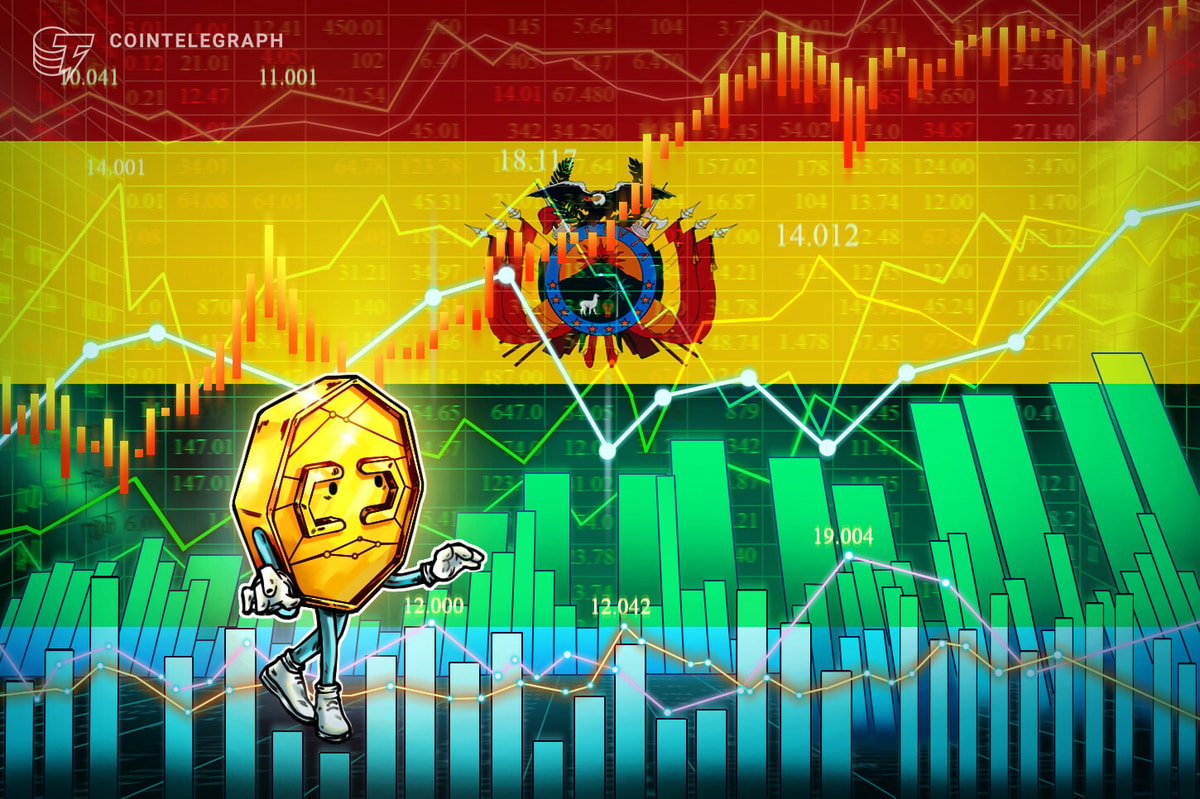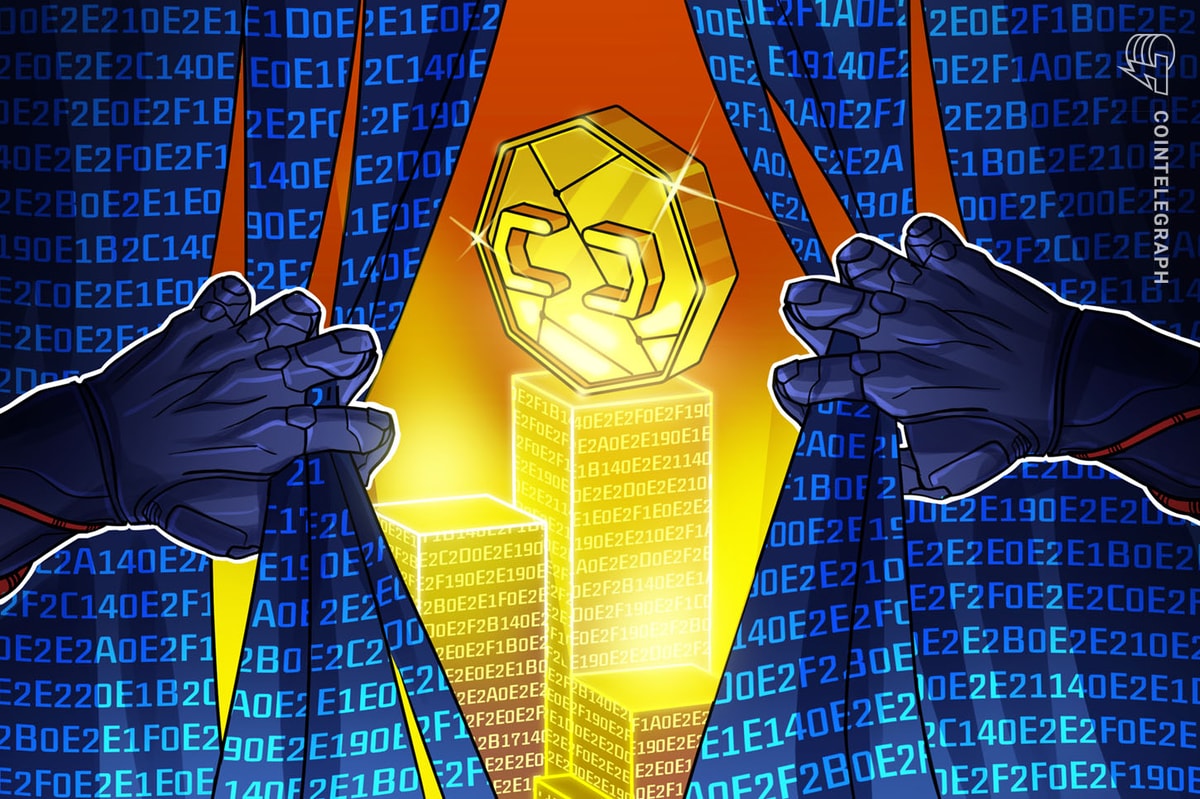Bolivia’s central bank has reported a 100% increase in average monthly virtual asset trading in the county since lifting its ban on Bitcoin in late June.
Roughly $15.6 million in virtual assets were traded on an average monthly basis between July and September — 105% higher than the average of the previous 18 months, from January 2023 to June 2024.
The $48.6 million traded over the last three months was more than the previous six months combined and largely comprised of stablecoin transactions, Banco Central de Bolivia (BCB) revealed in a Sept. 26 report.
The central bank attributed the rise to it lifting a 42-month ban on Bitcoin (BTC) and cryptocurrency payments made by banks in June. 25. Bolivia outright banned Bitcoin back in 2014.
“BCB is paving the way for the use of cryptoassets in Bolivia. Our country is taking giant steps towards an economic future with greater use of accessible digital instruments,” BCB’s acting president, Edwin Rojas Ulo, said in a press conference.
Change in cryptocurrency transaction amounts since January 2024. Source: BCB
The number of cryptocurrency transactions also increased by 141% over the last three months in comparison to the previous six months.
The rise comes as six more financial institutions registered to offer virtual asset services between July and August — allowing banks to transact with cryptocurrencies through approved electronic channels. Rojas Ulo added:
“Since the regulation came into force, the population has an alternative mechanism to process transfers to and from abroad and electronic commerce payments, among other activities.”
He hopes the integration will better position Bolivian firms to participate in international commerce and trade.
Related: Robinhood, Revolut eye entry into stablecoin market — Report
Since the ban was lifted, Bolivia’s central bank has incorporated virtual assets into its Economic and Financial Education Program and has held 33 workshops nationwide, reaching more than 3,000 people.
World Bank data shows that Bolivia’s consumer price inflation was 2.58% in 2023, making it one of the lowest in Latin America. The Bolivia boliviano has lost a marginal 2.4% in purchasing power against the United States dollar over the last five years.
Magazine: Worldcoin fined again! Crypto store clerk runs off with $500K cash: Asia Express










